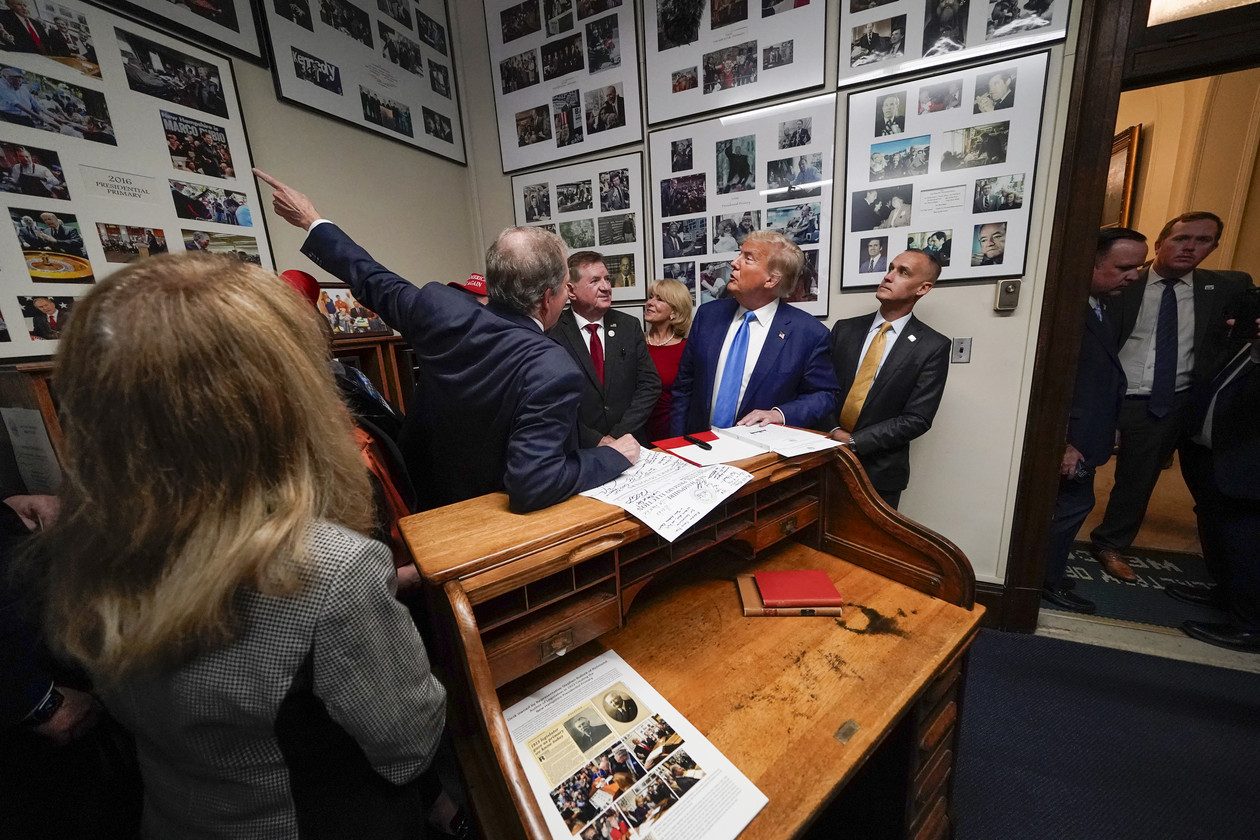There’s finally a date for New Hampshire’s 2024 presidential primaries: Jan. 23.
Secretary of State David Scanlan’s long-awaited declaration on Wednesday solidified the Republican nominating schedule and effectively moved the state out of line with the recommended voting order advocated by Democrats.
For more than a century, “the first in the nation” presidential primary election has been held in New Hampshire. At the State House in Concord, Scanlan made his remarks alongside the chairs of the state’s two major political parties. “And we will defend it with everything we have.”
Many people expected it to happen on January 23 due to the GOP’s schedule. It’s been a little over a week since the Iowa caucuses on January 15, giving New Hampshire plenty of time to benefit from the influx of post-Iowa campaigning. Additionally, the New Hampshire primary will be held more than a week before South Carolina’s primary on February 3, as mandated by New Hampshire law.
South Carolina, a more diverse state that helped drive him to the nomination in 2020, was a primary priority for President Joe Biden and other prominent Democrats for their 2024 agenda. On the same day as Nevada, New Hampshire was scheduled to cast their ballots.
Republicans in control of the state government, including Scanlan, have repeatedly stated that they will not give in to Democratic demands.
“Using racial diversity as a cudgel in an attempt to rearrange the presidential nominating calendar is an ugly process,” Scanlan added. The underlying issue at stake in this discussion has nothing to do with diversity. The question at hand is whether the national party committee elites, through their control over the nominating schedule, or the voters themselves get to choose the party’s nominee.
Knowing that an unofficial Democratic primary would be held in New Hampshire, Biden decided not to submit his name for consideration. While the “president wishes to participate” in the primary, his campaign manager Julie Chavez Rodriguez wrote to state Democratic Party Chair Ray Buckley saying he is “obligated” to obey the DNC timeline he established. Biden’s supporters in the state are currently organising a write-in campaign.
A long shot like Rep. Dean Phillips (D-Minn.) or Marianne Williamson, who have both filed for the primary ballot and are campaigning in the state, might still beat Biden in the now-officially unofficial early race. Biden’s chances of being renominated would be hurt by a loss in this race. The state stands to lose half of its delegates if it has an unsanctioned primary, according to regulations adopted by the Democratic Party last year.
After two election cycles in February, Scanlan has moved the New Hampshire primary back to January as a result of the Democrats’ decision to advance South Carolina’s primary. The 2020 presidential primary was held on February 11. In 2016, it was Feb. 9. But during the prior three cycles, it occurred in the month of January.
Scanlan’s statement now provides the GOP field with a solid goalpost, even though many observers had long expected January 23 to be the day.
Chris Christie, former governor of New Jersey and unsuccessful 2016 presidential candidate due to his sixth-place showing in New Hampshire’s primary, told reporters last week that moving the election up doesn’t bother him.
After last week’s town hall in Merrimack, Christie remarked, “No one has been here more than me, so it’s not like I’m running out of time to make an impression.” No matter when the primary is held in New Hampshire, January 23, January 30, or February 6, “it’s not like the people there won’t have a sufficient [amount of] time to look at me,” he said.









